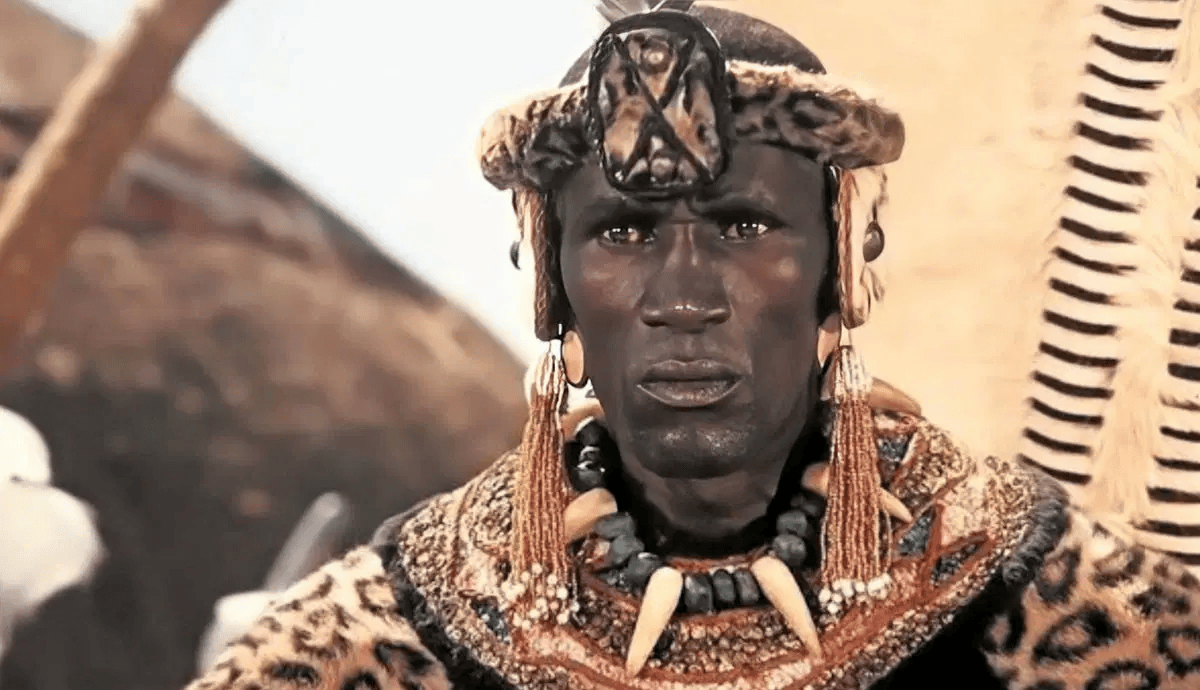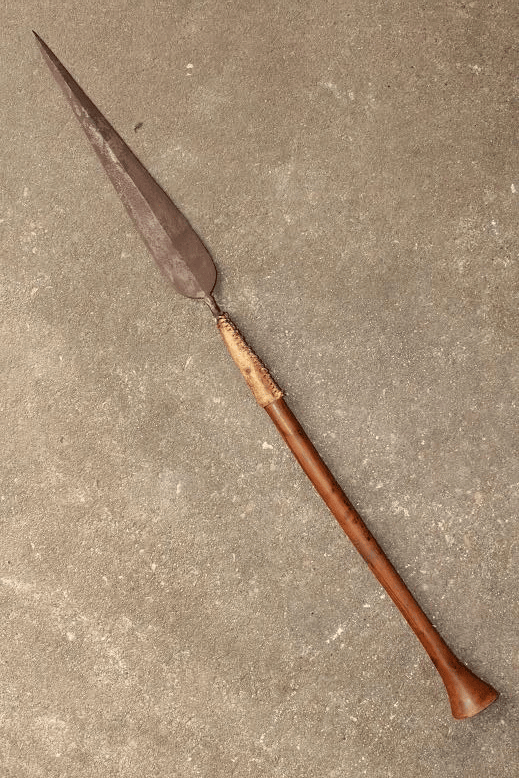Shaka Zulu, also known as Shaka kaSenzangakhona, remains one of the most iconic figures in African history. Known for his military genius, innovative tactics, and leadership, he founded the Zulu Empire in the early 19th century and transformed his people into a formidable power that shaped the course of Southern African history. From his early life and rise to power to his impact on the Zulu nation and beyond, Shaka's story is filled with triumph, tragedy, and transformation.

This article delves deep into the life and legacy of Shaka Zulu, separating myth from reality to present a well-rounded picture of this legendary figure.
Early Life of Shaka Zulu
Born around 1787, Shaka was the son of Senzangakhona, a minor Zulu chief, and Nandi, a woman of the Langeni clan. Their union was considered controversial, as Nandi was not of high status, leading to tensions and social stigma for both mother and child. Shaka and Nandi were eventually banished from the Zulu clan, and Shaka spent much of his childhood in exile, enduring hardship and ridicule, which profoundly influenced his later life.
In his teenage years, Shaka joined the Mtethwa army, serving under Chief Dingiswayo. This experience allowed him to develop his skills as a warrior and tactician, setting the stage for his rise as a leader.
Shaka’s Rise to Power
Upon the death of his father, Shaka returned to the Zulu clan and, with the support of Dingiswayo, began consolidating his power. By 1816, Shaka had assumed leadership of the Zulu and started to implement drastic changes. He transformed the Zulu military by developing a new fighting style, employing innovative weapons, and instilling a rigorous system of discipline.
Military Innovations and the Formation of the Zulu Empire
Shaka is credited with revolutionary changes to warfare, including the following innovations:
- The Shortened Spear (Iklwa): Shaka redesigned the traditional spear, creating a shorter, more durable weapon that allowed warriors to engage in close combat. This new spear, known as the iklwa, was named for the sound it made when pulled from an enemy’s body.

- The “Buffalo Horn” Formation: Shaka’s strategic “buffalo horn” formation involved a three-pronged attack: two “horns” encircling the enemy on each side, the “chest” launching a frontal assault, and the “loins” providing reserves. This tactic allowed the Zulu to surround and defeat their opponents effectively.

- Intensive Training and Discipline: Shaka instilled a strict regimen in his warriors, making them run barefoot across rugged terrain to increase their stamina and conditioning. This training regimen made the Zulu warriors among the most feared in the region.
These innovations not only increased the efficiency and effectiveness of the Zulu army but also allowed Shaka to unify several smaller clans and tribes, ultimately forming the Zulu Empire. Under Shaka’s rule, the Zulu Empire extended its reach and influence across much of southeastern Africa, consolidating power and creating a legacy of unity and strength.
Shaka’s Legacy and Influence on Southern Africa
Shaka’s influence extended far beyond his immediate territory. His methods led to the Mfecane (or Difaqane), a series of forced migrations and conflicts throughout Southern Africa. While some historians debate the scope of the Mfecane’s devastation, it’s clear that Shaka’s conquests and military tactics led to significant changes in the political and social landscape of the region.
- Cultural Unification: Shaka’s rule brought together different clans, fostering a sense of Zulu identity. His leadership created a centralized system that allowed the Zulu nation to grow in strength, leaving an enduring cultural legacy that continues to this day.
- Military Legacy: Shaka’s tactics and military strategies were later studied by colonial forces and historians as examples of indigenous innovation in warfare. His methods inspired other African leaders and are celebrated for their effectiveness.
The Death of Shaka Zulu
Despite his accomplishments, Shaka’s rule was marked by paranoia and suspicion, especially after the death of his mother, Nandi, in 1827. His grief led him to impose harsh mourning practices on his people, sparking dissent. In 1828, Shaka was assassinated by his half-brothers, Dingane and Mhlangana, ending his reign. Dingane subsequently took control of the Zulu Empire, marking the end of Shaka’s revolutionary rule.
Shaka’s Lasting Impact
Shaka Zulu’s legacy remains both celebrated and contested. While some view him as a tyrant, others see him as a visionary leader who unified a people and created a lasting identity. His influence on warfare, leadership, and culture has become a point of pride and study in African history. Today, Shaka Zulu is remembered as a symbol of strength and resilience, with his life and actions continuing to inspire interest worldwide.
Key Takeaways
- Military Genius: Shaka’s innovations in military tactics and weaponry were unprecedented, transforming the Zulu into a dominant power.
- Nation-Building: Through unification, Shaka created a cohesive Zulu identity, establishing a cultural legacy that endures in South Africa.
- Controversial Figure: His rule was marked by both achievements and authoritarian practices, making him a complex figure in history.
Conclusion
Shaka Zulu’s life and legacy remain a subject of admiration, respect, and intrigue. Through his military innovations, leadership, and unification of the Zulu people, he created a powerful nation that left a profound impact on the history of Southern Africa. While his rule was marked by both greatness and tragedy, Shaka’s influence endures, offering valuable lessons on leadership, resilience, and the power of cultural unity.
The Most Informative Article About Shaka Zulu You’ll Ever Read